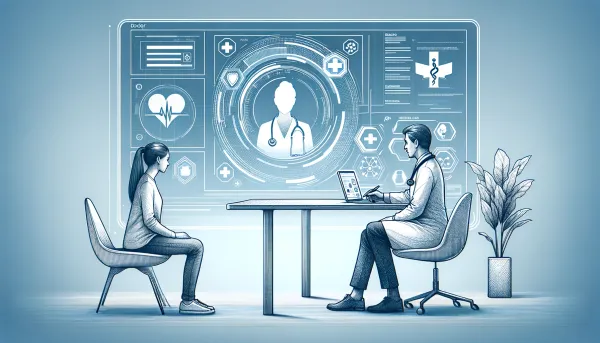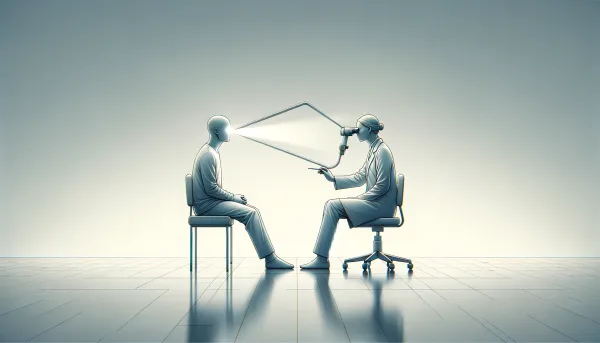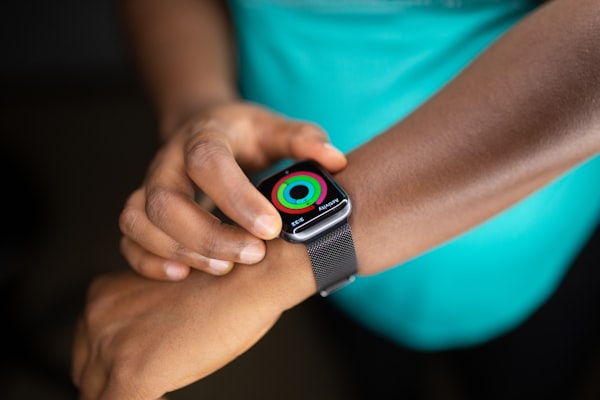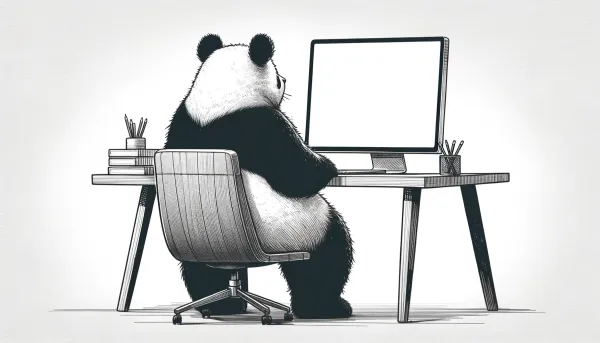Big Tech, Citation Networks and Changing Medical Education
Google recently introduced a healthcare dashboard for better data visualisation. Apple is researching hearing loss. Litmaps is wonderful for researchers and medical education might change.
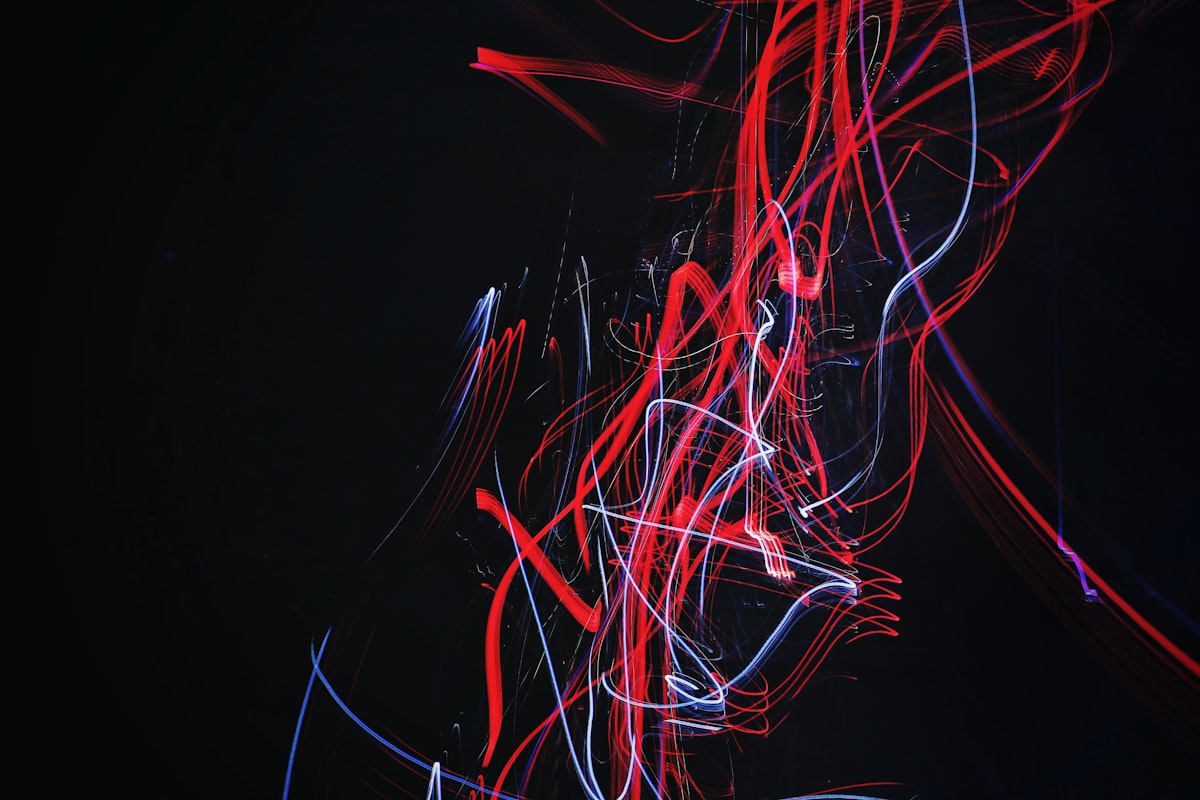
Two weeks ago, I wrote I won’t be able to write Medical Notes every week. But I also thought to myself that I can keep up with the schedule if I slightly change my approach. Therefore, I’ll be sending emails in a slightly different format - more links, more topics and less writing. It’s getting back to how it started for a while.
Big Tech
Google Care Studio: Google recently introduced a software called Care Studio, a dashboard for organising and displaying complex healthcare information. The biggest advantage is that it collects data from multiple sources and organises it. Physicians don’t have to switch between different applications to treat patients. As you might imagine, this saves a ton of time and does what great tech can do - improve patient care and makes the physician’s job more enjoyable. But this is Google… I hope they don’t collect and sell data with this thing.
Apple Hearing Study: University of Michigan School of Public health is collaborating with Apple on an exciting project called The Apple Hearing Study. It’s been going on for a year, but Apple essentially records the loudness of the environment people live in using Apple Watch. This should yield interesting results when correlated with hearing loss.
Here are some findings after a year:
The new insights generated leveraging this unprecedented data demonstrate that 25 percent of participants experience a daily average environmental sound exposure (which can include traffic, machinery, public transport, and so on) that is higher than the WHO recommended limit. Also, nearly 50 percent of participants now work, or have previously worked, in a loud workplace.
Average weekly headphone exposure for one in 10 participants is higher than the WHO recommended limit.
About 10 percent of Apple Hearing Study participants have been diagnosed with hearing loss by a professional. Of these, 75 percent do not use assistive support such as a hearing aid or cochlear implant, even though such devices can help reduce the impacts of hearing loss.
Nearly 50 percent of participants haven’t had their hearing tested by a professional in at least 10 years. And 25 percent of participants experience ringing in their ears a few times a week or more, which could be a sign of hearing damage.
Citation Networks
Litmaps: I’m still baffled by the power of this tool. Litmaps is a reference explorer and a way to visualise your citations. You import the citations from your reference manager such as Mendeley or Zotero and then magic happens. A wonderful tool for researchers. It does two things:
- Creates a visual network of how the papers you cited are interconnected. This allows you to better understand the connections and maybe spot something worth exploring in greater detail.
- It discovers related papers to your citations, suggesting what you might consider reading and using in your research. An extremely helpful tool in my experience!

Education
Technology has the potential to change medical education: I came across a post from the clinical director of BMJ on LinkedIn. He wrote about “BMJ Best Practice”, a clinical decision support tool. It “takes you quickly and accurately to the latest evidence-based information, whenever and wherever you need it.”
The most interesting part is the ”comorbidities tool”, which can propose an algorithm for the treatment of COVID-19 with chronic kidney disease (or anything else).
He argues that medical students still learn too many things by heart, especially when it comes to patients with multiple illnesses. In theory, using this tool would mean that we wouldn’t have to know all of it by heart, but we’d first need to change our approach and mindset.
I agree, there’s a lot of by-heart learning. However, we just have to know a certain amount by heart to be make good decisions and even know how to interpret what such tools propose. And I don't think anything can change that.

